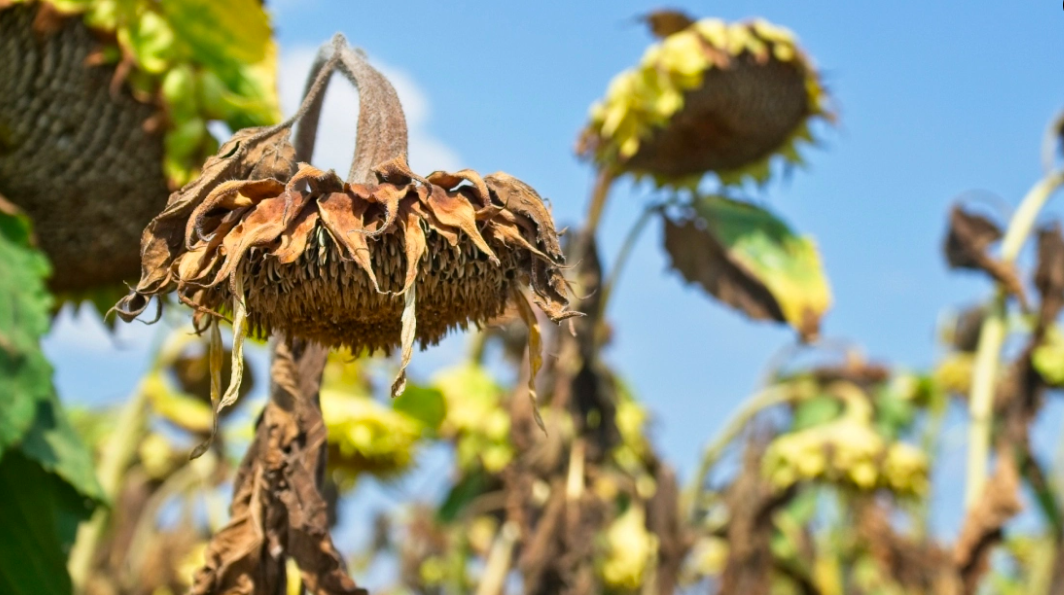At the second day of COP16 on Desertification in Saudi Arabia, the UN revealed that the annual global cost of droughts reaches nearly €300 billion. In its report titled “The Economics of Drought: Investing in Nature-Based Solutions for Drought Resilience”, the organization stresses the urgency of adopting nature-based solutions such as reforestation and sustainable land and water management
According to the UN, droughts—exacerbated by climate change and unsustainable resource management—are expected to impact 75% of the world’s population by 2050. These measures can mitigate losses, enhance agricultural incomes, and provide climate and environmental benefits. A 2020 study published in Global Change Biology highlighted that nature-based interventions are as effective, if not more, in combating climate change in 59% of cases.
The year 2024, likely to be the hottest recorded on Earth, saw severe droughts in the Mediterranean, Ecuador, Brazil, Morocco, Namibia, and Malawi, resulting in wildfires, water shortages, and food insecurity. The costs of drought extend beyond immediate agricultural losses, impacting supply chains, GDP, livelihoods, and long-term issues such as hunger, unemployment, and migration.
Kaveh Madani, a co-author of the report and director at UNU-INWEH, emphasized the importance of sustainable resource management to boost economic growth and resilience in drought-affected communities. Andrea Meza, Deputy Executive Secretary of the UNCCD, urged global leaders to address the immense, preventable costs of droughts through proactive, nature-based solutions.
Ask me anything
Explore related questions





